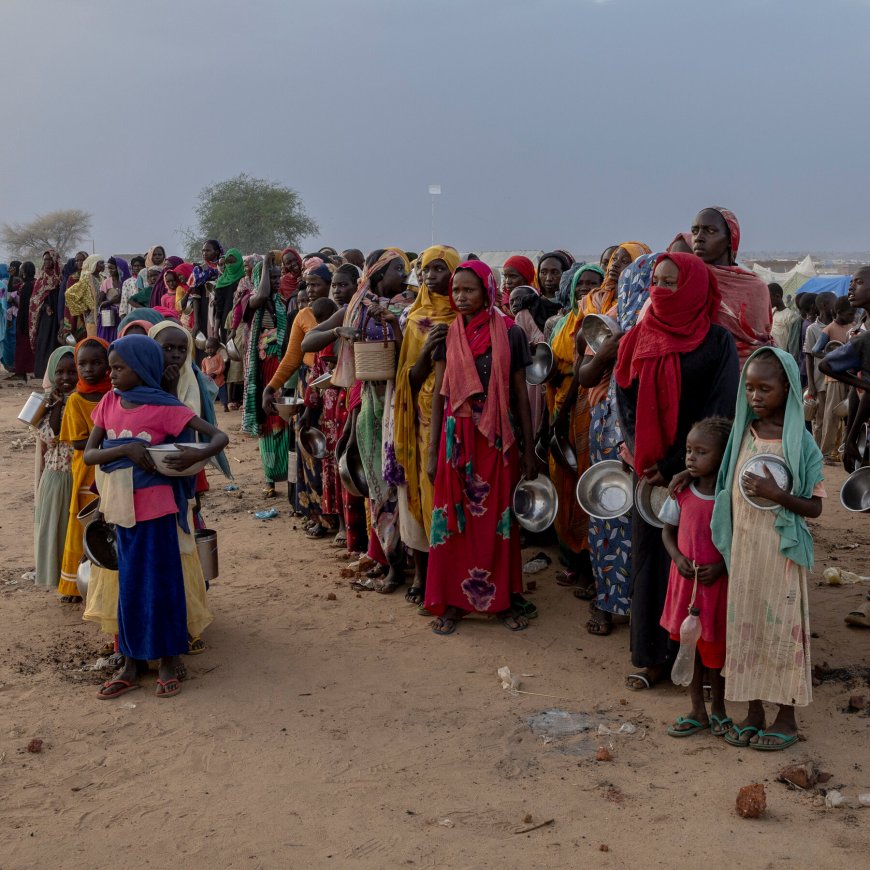U.S. Says Sudan’s R.S.F. Committed Genocide and Sanctions Its Leader
A force fighting Sudan’s army in a brutal civil war committed massacres and rape that amount to genocide, the Secretary of State said, two decades after a finding of genocide in the same region.

U.S. Says Sudan’s R.S.F. Committed Genocide and Sanctions Its Leader
In a significant development in international relations, the United States government has announced that the Rapid Support Forces (R.S.F.) of Sudan are guilty of committing genocide. This declaration serves not only as a stark reminder of human rights violations occurring in the region but also as a call for accountability for those responsible. News by dharmyuddh.com presents an in-depth look at the implications of these actions and the ongoing crisis in Sudan.
The Context of the Genocide Accusations
The U.S. administration's statement comes after extensive investigations into the actions taken by the R.S.F. during ongoing conflicts within Sudan. Reports highlight multiple accounts of violence, displacement, and atrocities against civilians in various regions of the country. Understanding the history of the R.S.F. and their role during the Darfur conflict sheds light on the current situation. The group's actions are not isolated incidents but part of a broader pattern of systemic violence that has plagued Sudan for years.
Response from the International Community
This announcement has prompted reactions both domestically and internationally. Several human rights organizations have welcomed the U.S. stance, arguing that accountability is essential for peace and stability in Sudan. Sanctions imposed on R.S.F. leader Mohamed Hamdan Dagalo, also known as Hemedti, signify a critical step in holding perpetrators accountable for their actions and curbing ongoing atrocities. The implications of such sanctions extend beyond individuals, hinting at a broader strategy to pressure the Sudanese government to reconsider its alliances and policies towards the R.S.F.
Legal and Political Ramifications
The designation of genocide carries heavy legal and political ramifications under international law. It opens up potential avenues for prosecution and further international action against those involved in the R.S.F. Leadership. As global attention turns to Sudan, legal experts predict increased scrutiny and possibly, future trials for war crimes. The U.S. government's actions could set a precedent for how the world addresses human rights violations in conflict zones.
Ongoing Impacts on Sudan
While sanctions and international pressure are necessary, they also raise concerns regarding their effects on the Sudanese population at large. The people of Sudan are caught in a cycle of violence fueled by political power struggles and external influences. As sanctions take effect, it is vital to ensure that humanitarian aid continues to flow into the country to help those most affected by the conflict.
Conclusion
The declaration by the U.S. government regarding the R.S.F.'s actions is a crucial step in the fight against impunity in world politics. As the situation unfolds, it is important for the international community to remain engaged and support the Sudanese people in their quest for peace, justice, and human rights. News by dharmyuddh.com will continue to provide updates on this evolving story and its larger international implications.







